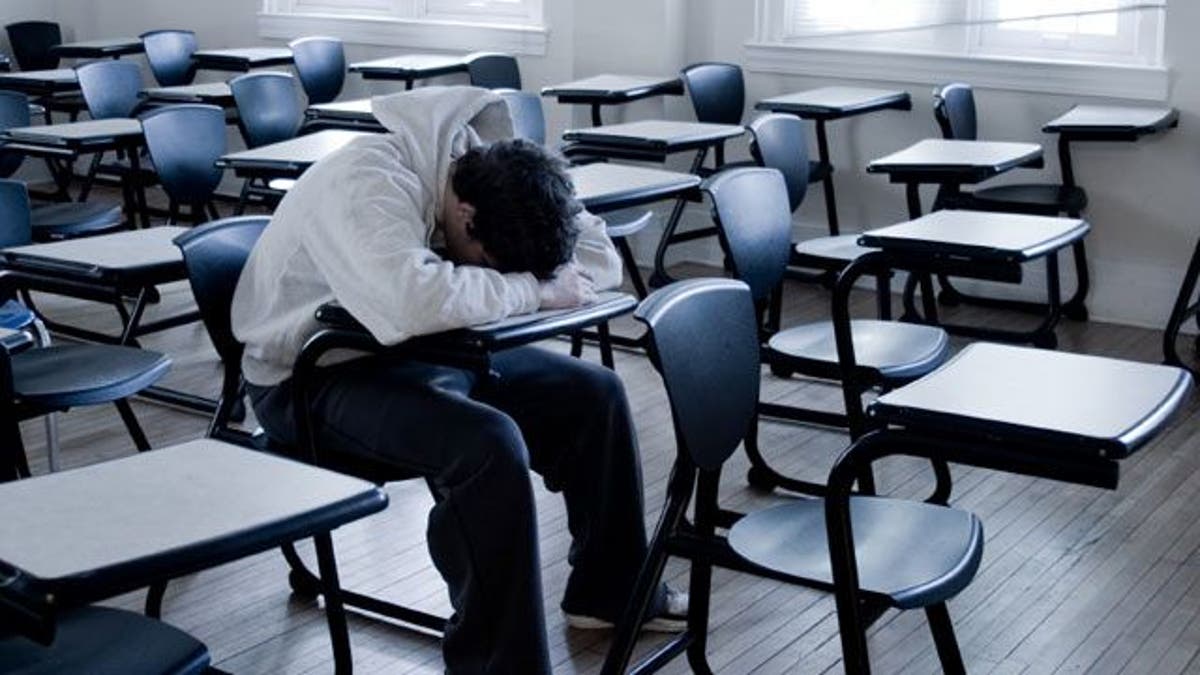
Many teen children of parents with depression also suffer from mental health problems, but about one in five kids show traits or behaviors that seem to protect them, a recent study suggests.
Researchers found that among high-risk adolescents, having warm and supportive parents, good quality social relationships, a sense of self-efficacy or getting regular exercise were all tied to a higher likelihood of having good mental health. The more of these factors were present, the greater the protection.
"Some children appeared remarkably resilient," said lead author Dr. Stephan Collishaw of Cardiff University School of Medicine in the U.K.
"One important novel finding is that multiple protective factors are needed for children to show sustained good mental health," Collishaw said by email. "Enhancing mental health resilience in children at familial risk requires focusing on multiple aspects of children's lives - their own thinking and behaviour, family functioning and support, as well as social relationships."
For the study, the researchers selected 262 families with adolescent kids and at least one parent diagnosed with recurrent major depressive disorder. The study team assessed the families, including teens and parents, three times over four years.
They found that 53 teens, or 20 percent of the group, showed sustained good mental health over the four-year period, with no mental health disorder, no suicidal behavior and better than expected mood and behavior, according to the report in The Lancet Psychiatry.
Among these kids, nearly half had all five of the identified protective factors: warmth from the parent with mental health problems, support from the other parent, good relationships with peers, a sense of self-efficacy and engaging in intense exercise or sports more than once a week.
Thirty-eight percent of the resilient teens had four of these factors and less than 4 percent had zero or just one.
"Most mental health problems including depression are partially inherited but patterns of inheritance are different for different mental health problems," Collishaw said. "There is some increased likelihood of getting a mental health problem if a close family member is affected but for many individuals with mental health problems there may be no definite history of mental health problems in close relatives."
There is some evidence that when parental depression is treated, a child's risk of mental health problems also goes down, he said.
Managing one's own depression is a big enough job that adding the responsibility of decreasing their child's risk for mental health problems may be too big a burden, said Mina Fazel of the University of Oxford department of psychiatry. But providers and community services may be able to act on these results, said Fazel, who wrote an editorial accompanying the findings.
Most adult psychiatrists don't work in teams with child psychiatrists, so referring patient's children can be complex, Fazel told Reuters Health.
"The assessment of the parent should not just stop at them," she said.
"What other studies can now do is broaden the number of areas that are looked at, this is just the start," Fazel added.
Stressful life events, bullying and maltreatment all increase the risk of mental health issues, Collishaw said.
"Evidence from our study suggests that quite simple changes in young people's lives may help reduce risk - e.g. children taking regular exercise, co-parents being available and supportive to young people when their other parent is depressed, spending time with friends who are supportive," he said.
